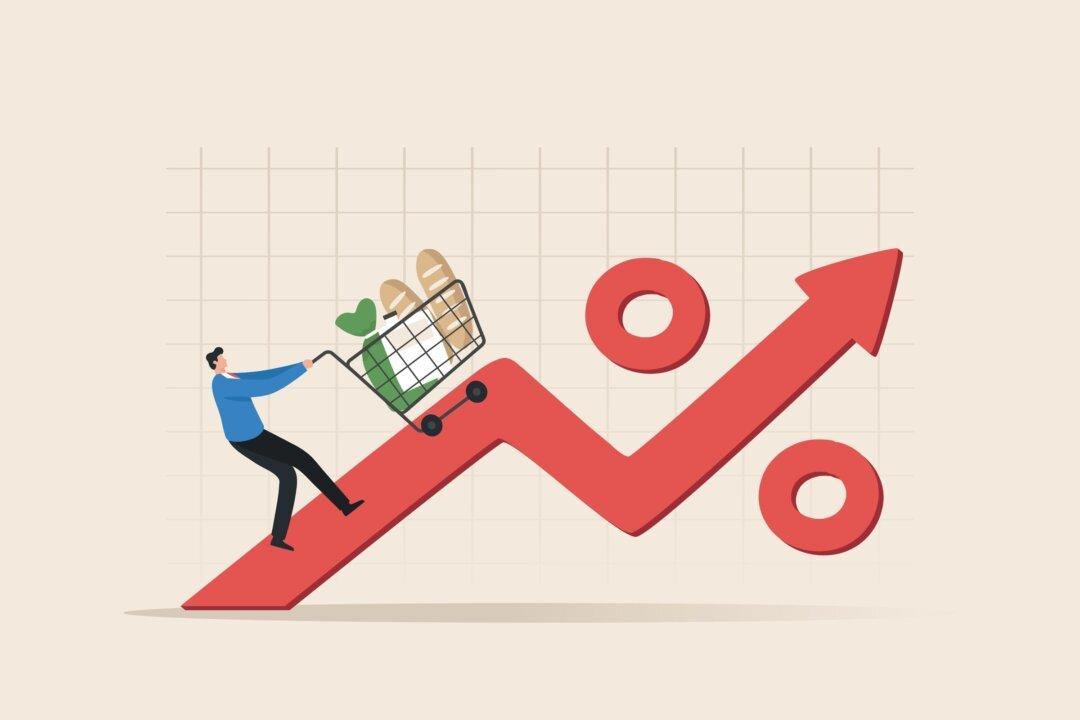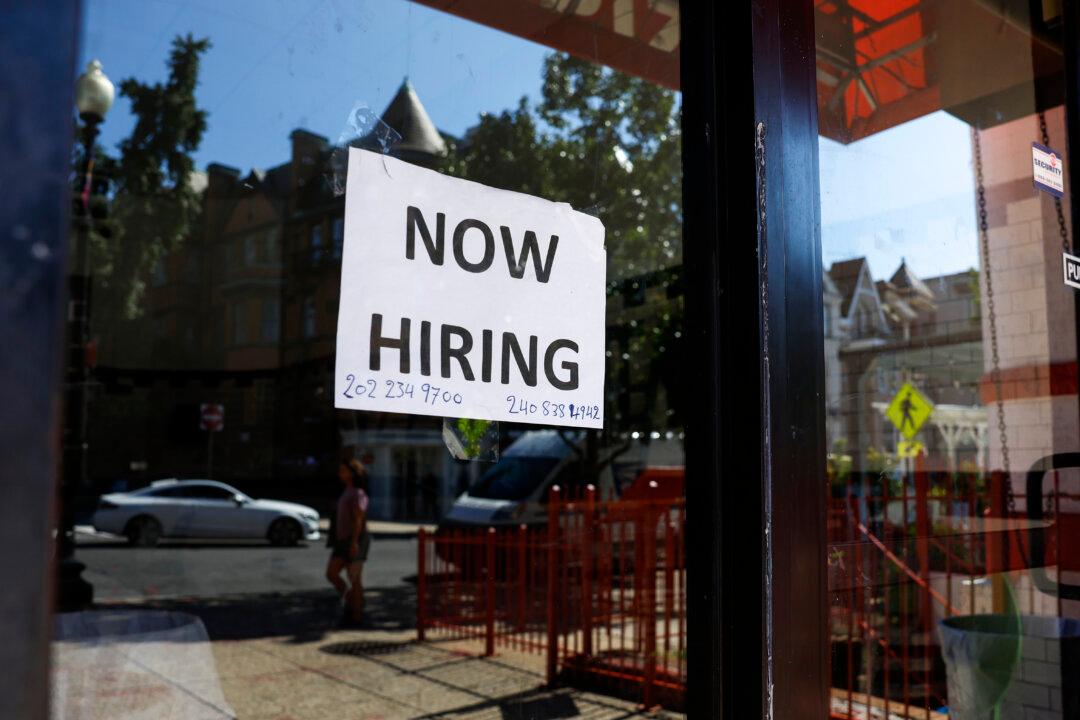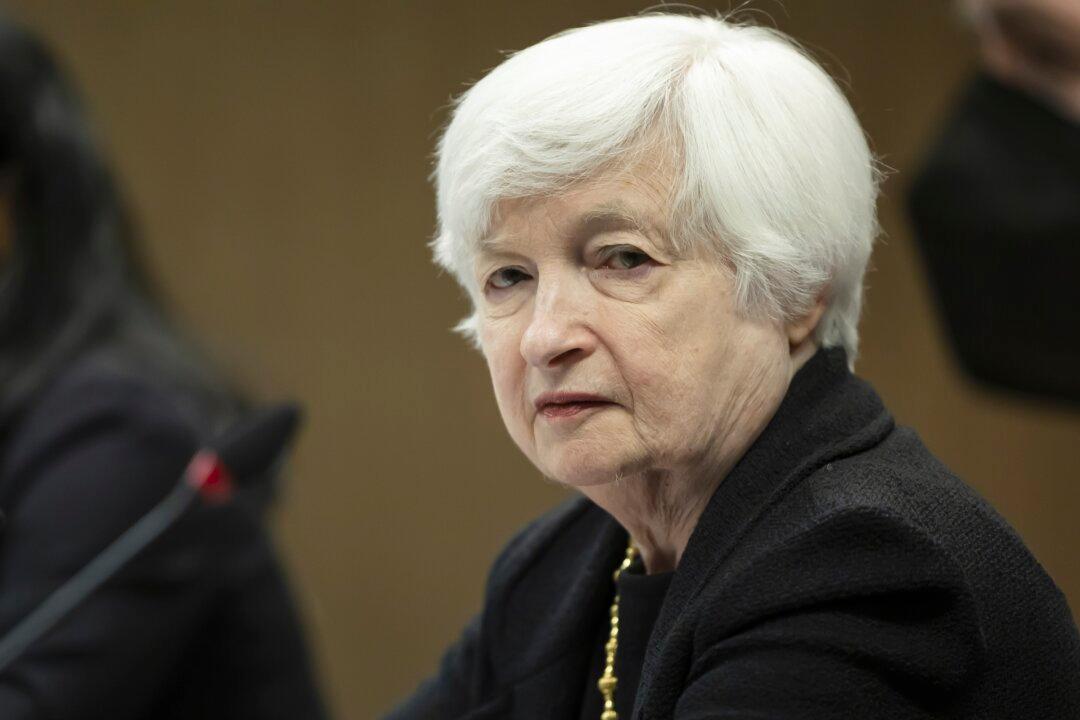Half of U.S. adults say they are worse off financially now than they were a year ago, according to a report based on a national survey conducted by Gallup in which U.S. adults were asked about their financial situation.
The same report states that 35 percent of U.S. adults say they are better off than they were a year ago, while 15 percent say they are in the same financial situation. Gallup first asked this question in 1976, and since then it has been rare for half or more of Americans to say they are worse off. The only other times this occurred was during the Great Recession era of 2008–09.




